Mental Health Awareness & Journal Articles: An Exploration of Mental Health Issues through Research and Awareness, Making a Significant Contribution to the Human Well-being of All Fields.
Previous Posts on Mental Health Awareness & Journal Articles
In our initial blog post, we emphasized the value of journal articles as invaluable resources that explore various aspects of mental health. We also examined the distinct challenges encountered in ancient times and the diverse range of mental health challenges experienced in today’s era.
Mental Health Awareness & Journal Articles: Continuing our exploration of this important topic, in our second post we talked about “breaking the silence, shattering the stigma”, “recognizing the significance of mental health”, “understanding the differences and appropriate treatments”, and “mental health literacy and its components”.
Current Post
Under the heading of Mental Health Awareness & Journal Articles, in this third blog post, we will explore the concept of Mental Health Stigma. Examining various aspects related to it. Our aim is to raise awareness and promote an understanding of this important issue.
Mental Health Awareness & Journal Articles What is Stigma: How it relates to mental health

Stigma refers to the negative attitude, beliefs, and stereotypes that surround a particular group or condition, leading to the social exclusion and discrimination of individuals associated with that group.
When it is about mental health, Stigma arises from societal misconceptions, fear, and lack of understanding about mental health conditions.
It creates barriers for individuals seeking help and support. It perpetuates the notion that mental health conditions are a sign of weakness, incompetence, or even dangerousness. These negative attitudes and beliefs can lead to discrimination, isolation, and the denial of opportunities for those affected by mental health challenges.
Common Stereotype Associated with Mental Health
Individuals with such conditions are “crazy” or unstable
One common stereotype associated with mental health conditions is the belief that individuals with such conditions are “crazy” or unstable. This stereotype fails to recognize the complex nature of mental health and overlooks the fact that mental health conditions can affect anyone regardless of their intelligence, capabilities, or character.
Snap out of it” or just get over it
Another negative attitude prevalent in society is the notion that individuals with mental health conditions should simply “snap out of it” or “just get over it”. This perspective fails to acknowledge the fact that mental health conditions are genuine medical conditions that necessitate proper treatment (as discussed in the second post) and support.
The fear and misunderstanding surrounding mental health conditions often lead to social distancing and isolation of individuals. They may face prejudice and discrimination in various areas of life, including employment, housing, education, and relationships.
Mental Health Awareness & Journal Articles

Impact of Stigma
The impact of stigma on individuals living with mental health conditions is profound and can have significant negative consequences:

Recommendation
Mental Health Awareness & Journal Articles: It is important to address and challenge the Stigma related to mental health conditions. By promoting understanding, empathy, and education, we can create a more inclusive and supportive society.
Addressing stigma in mental health care is crucial for ensuring equitable access to treatment. It requires creating an environment of acceptance, understanding, and support. Increasing the availability of mental health services and improving their affordability and accessibility can help break down barriers and encourage individuals to seek the care they need without fear of judgement or limited resources.
Mental Health Awareness & Journal Articles Types of Stigma

Stigma manifests in different forms and can be categorized into three main types; Public Stigma, Self-Stigma, and Structural Stigma. Each type represents a distinct aspect of how stigma operates and affects individuals with mental health conditions.

Understanding the different types of stigmas helps address their impact on individuals with mental health conditions:
- By challenging Public Stigma, promoting awareness, education, and advocating for inclusive policies and practices, we can work towards reducing its negative effects.
- Additionally, addressing Self Stigma involves promoting self-acceptance, self-compassion, and empowering individuals to challenge negative self-beliefs.
- Combating Structural Stigma requires systemic changes to ensure equal rights, opportunities, and access to resources for individuals with mental health conditions.
Combating Stigma

The stigma surrounding mental health can be effectively addressed through various strategies and approaches.
Key Element in Stigma

By implementing these strategies, and supporting organizations dedicated to reducing stigma, we can create a society that is more accepting, understanding, and supportive of individuals with mental health conditions.
Resources and Support

When facing stigma or mental health challenges, it’s important to know that help is available. Here are some key resources, helplines, support groups, and organizations that offer assistance.
Key Resources
| Helplines | National Suicide Prevention Lifeline: A 24/7 helpline providing free and confidential support Phone No.: 1-800-273 (Talk) Crisis Text Line: A text-based helpline offering support and crisis intervention via text messaging Text HOME to 741741 |
| Mental health organizations | National Alliance on Mental Illness (NAMI): A grassroots mental health organization providing education, support, and advocacy for individuals and families affected by mental health conditions Website: www.nami.org Mental Health America (MHA): A leading community-based nonprofit promoting mental health, wellness, and prevention through advocacy, education, and support. Website: www.mhanational.org |
| Online Resources | MentalHealth.gov: A United States government website providing comprehensive information on mental health treatment options and resources Website: www.mentalhealth.gov PsychCentral: An online resource offering articles, resources and a supportive community for individuals seeking information and support Website: www.psychcentral.com |
| Support Groups | Peer Support Groups: Local support groups facilitated by trained individuals who have personal experience with mental health challenges. NAMI Support Groups: NAMI offers support groups for individuals living with mental health conditions and their families Website: www.nami.org/Find-Support |
| Therapy and Treatment | Seek professional help from licensed therapists, psychologist, or psychiatrist specializing in mental health Contact your primary healthcare provider for referral and recommendation Insurance providers often have directories of mental health professionals covered under their plan Psychology Today directory for mental health professionals Website: https://www.psychologytoday.com/ GoodTherapy provides a directory of therapists and counselors Website: https://www.goodtherapy.org/ TherapyDen is a directory that focuses on inclusivity and aims to connect individual with therapists Website: https://www.therapyden.com/ |
| Educational Resources | Mental health websites and blogs. Books and publications on mental health and stigma |
| Community Programs | Community mental health centers in your locations Workshops and seminars on mental health |
| Advocacy and Awareness Campaigns | Stigma-free campaign in you community Participate in mental health events and walks |
Shatter the silence, challenge stereotype
This is just an example, and there are many more resources and support options available. It is important to research and find resources that are specific to your location and needs.
Let’s start to shatter the silence, challenge stereotypes, and create a world where mental health is embraced without judgment. Promote awareness, and encourage open conversations about mental well-being.
We can work towards the betterment of Human Well Being.
PostScript
While mental health awareness articles and journals play a significant role in spreading knowledge and reducing stigma, it is equally important for individuals who are struggling with mental health issues to seek direct consultancy from mental health consultants for proper diagnosis and treatment.
Concluded.
Disclaimer: The majority of the pictures on our platform are sourced from Google images and Pexels, and may not indicate copyright ownership. We will promptly remove the picture with sincere apologies, if any copyright claims.







